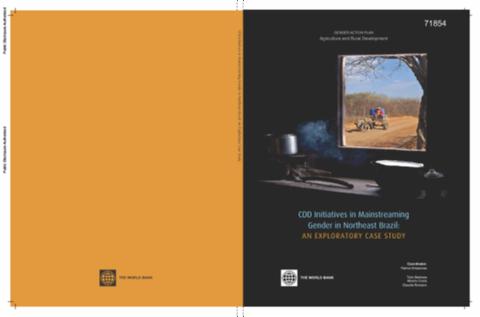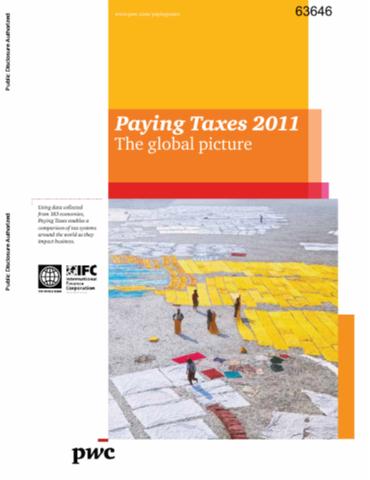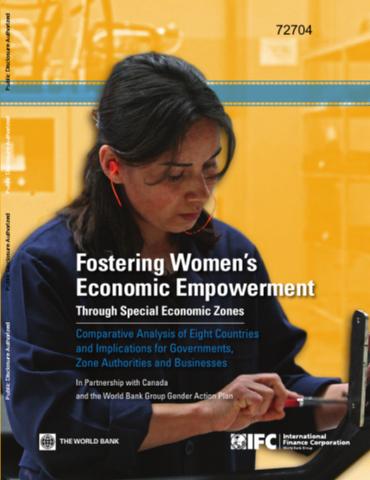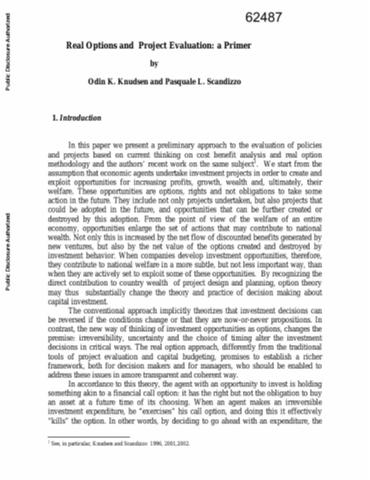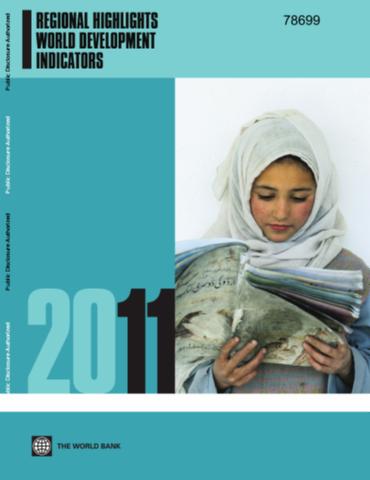The World Bank is a vital source of financial and technical assistance to developing countries around the world. We are not a bank in the ordinary sense but a unique partnership to reduce poverty and support development. The World Bank Group has two ambitious goals: End extreme poverty within a generation and boost shared prosperity.
- To end extreme poverty, the Bank's goal is to decrease the percentage of people living on less than $1.25 a day to no more than 3% by 2030.
- To promote shared prosperity, the goal is to promote income growth of the bottom 40% of the population in each country.
The World Bank Group comprises five institutions managed by their member countries.
The World Bank Group and Land: Working to protect the rights of existing land users and to help secure benefits for smallholder farmers
The World Bank (IBRD and IDA) interacts primarily with governments to increase agricultural productivity, strengthen land tenure policies and improve land governance. More than 90% of the World Bank’s agriculture portfolio focuses on the productivity and access to markets by small holder farmers. Ten percent of our projects focus on the governance of land tenure.
Similarly, investments by the International Finance Corporation (IFC), the World Bank Group’s private sector arm, including those in larger scale enterprises, overwhelmingly support smallholder farmers through improved access to finance, inputs and markets, and as direct suppliers. IFC invests in environmentally and socially sustainable private enterprises in all parts of the value chain (inputs such as irrigation and fertilizers, primary production, processing, transport and storage, traders, and risk management facilities including weather/crop insurance, warehouse financing, etc
For more information, visit the World Bank Group and land and food security (https://www.worldbank.org/en/topic/agriculture/brief/land-and-food-security1
Resources
Displaying 4536 - 4540 of 4907CDD Initiatives in Mainstreaming Gender in Northeast Brazil
The present study focuses on gender while analyzing the effects of the Rural Poverty Reduction Project (RPRP) on the use of time and income generation as well as on cultural and social capital aspects. The study was based on a pilot project in Rio Grande do Norte designed to reinforce actions of the RPRP's focus on gender. The study should be viewed only as an exploratory evaluation that can be indicative of project effects, since the sample used was small and the time span between the subproject's implementation and the collection of impact data was short (only one year).
Paying Taxes 2011
Taxes are the price you pay for civilization. Taxes provide government revenues, and those who pay them have a stake in the system and in how government spends its money. Taxes are lifeblood of a stable and prosperous society. In the wake of the global economic downturn levying tax in even more difficult. With large structural deficits in the big developed economies, fiscal policy has never been under so much public scrutiny.
Fostering Women's Economic Empowerment through Special Economic Zones
This global report examines the opportunity for special economic zones to promote women's economic empowerment and boost zone and enterprise competitiveness in developing countries. The research covers Bangladesh, China, Costa Rica, Egypt, El Salvador, Jordan, Kenya, and the Philippines. The study focuses on women's economic empowerment in the context of zones at three levels: (i) fair employment and working conditions for female employees; (ii) equal access to opportunities for professional advancement; and (iii) investment opportunities for female entrepreneurs.
Real Options and Project Evaluation
In this paper authors present a preliminary approach to the evaluation of policies and projects based on current thinking on cost benefit analysis and real option methodology and the authors' recent work on the same subject. Authors start from the assumption that economic agents undertake investment projects in order to create and exploit opportunities for increasing profits, growth, wealth and, ultimately, their welfare. These opportunities are options, rights and not obligations to take some action in the future.
Regional Highlights World Development Indicators 2011
The primary completion rate for 7 countries-Benin, Burkina Faso, Guinea, Ethiopia, Madagascar, Mozambique, and Niger-more than doubled between 1991 and 2009. Still large differences persist between rich and poor within countries. In some low-income countries, such as Benin, the completion rates for the richest quintile are 95 percent or higher, but completion rates for the poorest quintile are 35 percent or less. And there is a 9 percentage point gap in the completion rates for boys and girls.






